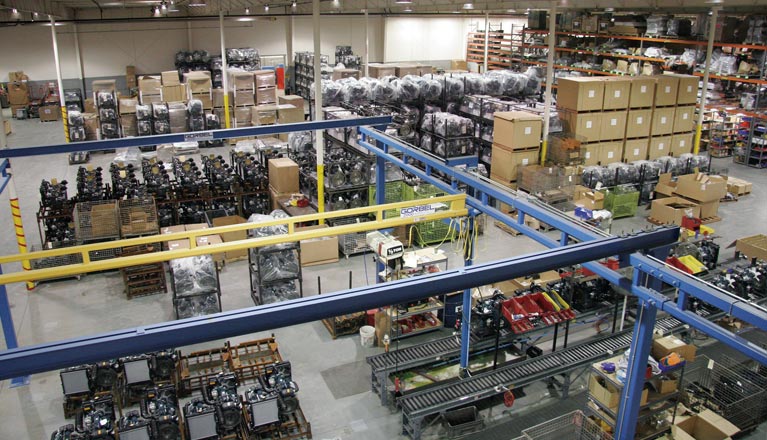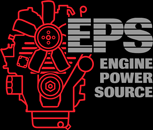
As a diesel power generator manufacturer, EPS has been building rugged, heavy-duty diesel generators for more than 20 years. Today, we offer a wide array of diesel power generator models to choose from in various sizes and capacities, for both mobile and standby applications:
- Mobile diesel power generators from 9 kW to 45 kW.
- Custom diesel generators for more demanding requirements, including standby diesel power generators, with output up to 45 kW.
- Kubota diesel generators, ranging from 7 kW to 14 kW, in single and three phase configurations.
By now, you may be wondering how to pick the right diesel power generator for your needs. The following information is designed to help you narrow in on your choices. Or if you would prefer, please contact us and we’ll help guide you through the process.
What Size Generator Do I Need?
Proper sizing of a diesel power generator involves matching performance specifications against real-world operating constraints. If you don’t take the operating constraints into consideration, you will be more likely to encounter problems like nuisance tripping and shortened generator life, even though the diesel power generator specifications may seem adequate (on paper) to handle the load. To help avoid problems, there are three important criteria to consider:
- Environmental Conditions
- Physical Installation
- Connected Equipment
Environmental Conditions
A diesel power generator’s performance can be severely impacted by the environment in which it is operated. As the surrounding temperature, altitude and humidity increase, the available power of any engine is reduced. This in turn reduces the output of the generator. Increased air temperature over 104 degrees F will also reduce the power capabilities of the AC generator itself. For most applications, moving to the next larger diesel power generator size will insure that ample power is available for all conditions – but this is not always the case.
Physical Installation
Proper cooling and exhaust air flows are the most critical consideration in the physical installation. Inadequate air flow is the most common cause of poor diesel power generator performance and in some circumstances, it can lead to complete generator failure. Uninformed users often make the mistake of inadvertently restricting the amount of air flow into and out of the generator housing in an effort to limit noise. In the process, they end up limiting the performance and capability of the unit. It is very important that the heat from the AC generator and the engine cooling system is removed, and must not be allowed to re-circulate back into the enclosure.
Connected Equipment (Loads)
Once considering environmental conditions and air flow, you should examine the loads connected to the generator. Examples of typical loads include air conditioning units, refrigerators, lights, battery charges/inverters, audio/video equipment and heaters. Simply adding together all the current ratings from the nameplate of each load is not enough to correctly size the generator. For example, the motor and compressor “starting” current on an air conditioning unit will be much higher that the “run” current. If the “run” current is the only thing considered, the diesel power generator selected may be too small to handle the load. Complex engineering calculations are required to determine the total electrical and mechanical demand that will be required so that all the connected equipment will operate as expected.
How Do I Choose the Right Generator For Me?
Selecting the proper diesel power generator can be a complex process. At EPS, we want you to have the best generator for your needs and we strive to make it easy for you. Our generator specialists are available to help you properly size a unit for your application. For help, simply contact us or call 1-800-374-7522.

